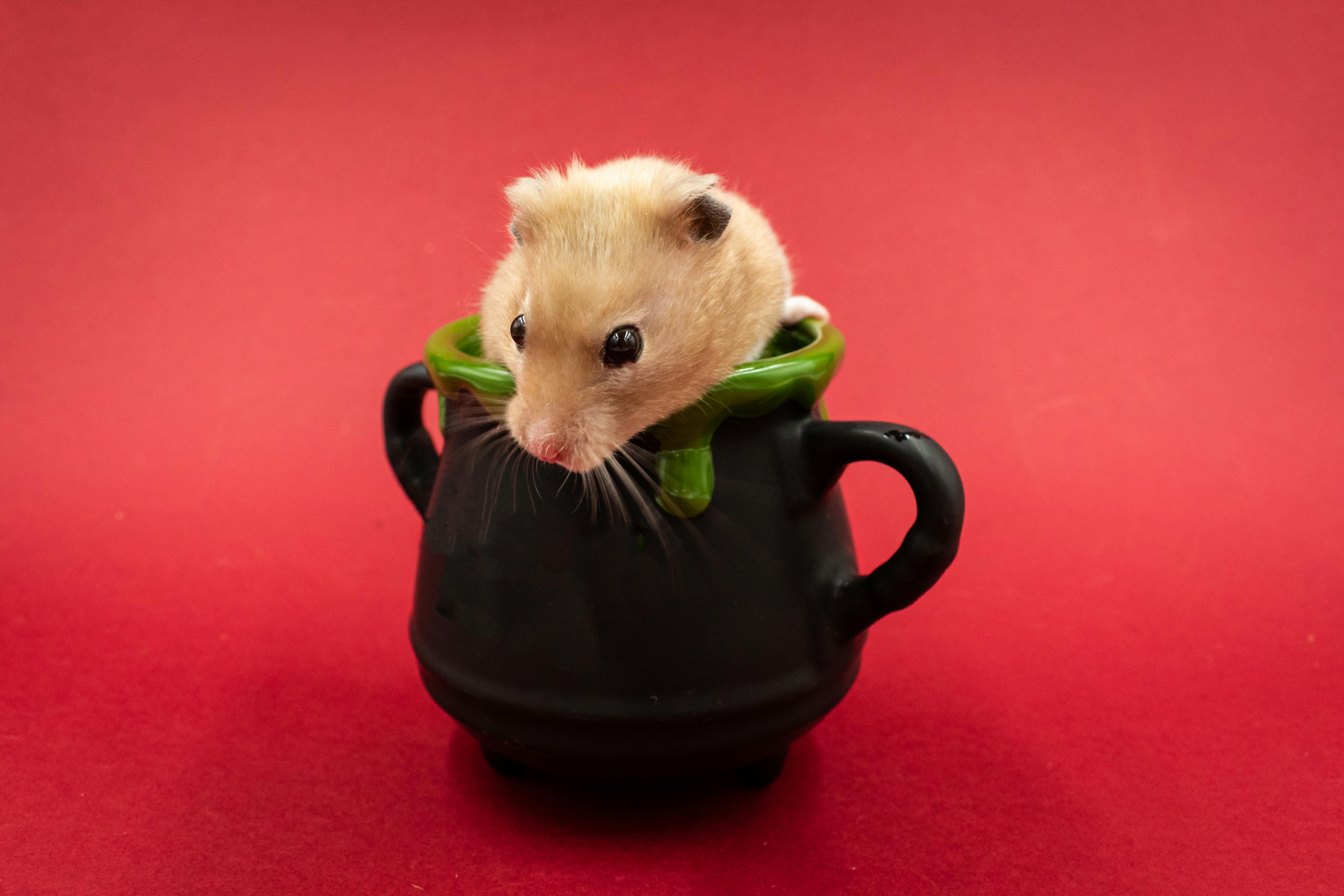Hamster Care for Beginners
Welcome to the ultimate guide on **hamster care for beginners**! Hamsters make delightful and engaging pets, ideal for kids and adults alike. Understanding how to properly care for them is essential to ensure a happy and healthy life. In this article, we will cover everything from setting up the perfect habitat to feeding tips, health care, and common behavioral issues.
Setting Up a Hamster Habitat
One of the first things to consider when getting a hamster is their habitat. Your hamster needs a secure, spacious, and clean environment to thrive. A suitable habitat can be a wire cage or a glass aquarium but should provide ample space for your pet to roam. Ensure you have appropriate bedding, such as aspen shavings or paper bedding, which is absorbent and safe for your hamster. Adding tunnels, hiding spots, and chew toys can stimulate your hamster’s natural instincts and keep them engaged.

Choosing the Right Cage
Many beginners wonder about the best type of cage for their hamster. A basic guideline is to choose a cage that is at least 450 square inches of floor space for a Syrian hamster and 360 square inches for dwarf hamsters. Ensure the bars on the cage are spaced closely enough to prevent escapes, typically about 1/2 inch apart. Additionally, a multi-level setup can provide more space for climbing and exploration.
Temperature and Humidity Control
Maintaining proper temperature and humidity is crucial for hamster wellbeing. Ideally, the temperature should be between 65°F and 75°F (18°C to 24°C). Avoid placing the cage in direct sunlight or drafts, as hamsters are sensitive to temperature extremes. Adequate ventilation is essential, and a humidity level of around 30-40% is ideal. Regularly check the environment to ensure it remains stable.
Feeding Your Hamster
Feeding your hamster a balanced diet is another critical aspect of **hamster care for beginners**. Quality hamster pellets should constitute the majority of their diet, along with occasional fresh fruits and vegetables. Avoid sugary or citrus fruits and stick to options like apples, carrots, and leafy greens. Remember to introduce new foods gradually to avoid digestive upset.

Understanding Hamster Nutrition
Hamsters require a variety of nutrients including proteins, fats, carbohydrates, vitamins, and minerals. Look for commercially available hamster food mixes that provide a balanced ratio of these nutrients. Treats like seeds, nuts, or small pieces of fruits can be given sparingly. Monitoring your hamster’s weight is also essential; adjust their diet to keep them healthy and active.
Water Requirements
It’s crucial to provide fresh, clean water daily. Use a water bottle with a sipper tube to prevent spills and maintain cleanliness. Regularly check the water source to ensure it is functioning correctly, as hamsters are prone to dehydration. A healthy hamster should drink around 10 mL of water per 100 grams of body weight daily.
Health Care and Maintenance
Once you have established a comfortable habitat and feeding routine, it’s essential to focus on your hamster’s health. Regular veterinary check-ups will help catch any potential health issues early. Keep an eye out for any signs of discomfort or illness, such as lethargy, changes in eating habits, or abnormal behavior.

Common Health Issues
Some common health issues hamsters face include wet tail, respiratory infections, and dental problems. Wet tail is a severe gastrointestinal condition that can be life-threatening, characterized by diarrhea and lethargy. Should you notice any symptoms, seeking immediate veterinary care is crucial. Regularly check your hamster’s teeth for overgrowth as issues may arise from improper diet.
Cleaning the Cage
Maintaining a clean living environment is vital for your hamster’s health. Aim to spot clean daily, removing soiled bedding and uneaten food. Every week, perform a more thorough cleaning, replacing bedding and wiping down surfaces with a mild, pet-safe cleaner. Providing a clean habitat helps prevent disease and keeps your hamster happy.
Understanding Hamster Behavior
Being familiar with your hamster’s behavior is key to enhancing your bond with them. Hamsters are nocturnal, meaning they are most active at night. Understanding their activity patterns prevents stress. Encourage playtime by providing toys and opportunities for exploration during their active periods.

Socialization and Handling
Socialization is important for your hamster’s development and comfort. Start handling your hamster gently and frequently from a young age. Offer treats while holding them to create positive associations. Each hamster has a unique personality, so take your time understanding their comfort zone. Some may enjoy being handled, while others may prefer to observe from afar.
Common Behavioral Issues
Understanding and addressing behaviors like biting, excessive chewing, or cage aggression can deepen your connection with your hamster. Biting can signal fear or dissatisfaction. Provide plenty of enrichment opportunities to reduce stress, such as chew toys and tunnels. If your hamster displays aggressive behavior, consider their environment and interactions, adjusting them as needed to create a more comfortable setting.
Key Takeaways
- Providing the right habitat is crucial for your hamster’s comfort and health.
- A balanced diet and fresh water are essential for keeping your hamster healthy.
- Regular health check-ups can prevent and address potential issues.
- Understanding your hamster’s behavior allows for better bonding and care.
FAQ
1. How often should I clean my hamster’s cage?
It is recommended to spot clean your hamster’s cage daily. A complete clean should be conducted once a week, replacing all bedding and disinfecting the surfaces. Keeping the cage clean is vital for preventing odors and maintaining a healthy environment.
2. What is the best bedding for hamsters?
Safe bedding options include aspen shavings, paper-based bedding, or hemp. Avoid cedar and pine shavings, as they can be harmful to your hamster’s health. Always opt for absorbent, non-toxic materials that provide comfort and security.
3. Can hamsters eat fruits and vegetables every day?
No, fresh fruits and vegetables should be given in moderation. Too much sugary fruit can lead to health issues. Offering small pieces of suitable fruits and vegetables a few times a week is ideal for maintaining a balanced diet.
4. How can I tell if my hamster is sick?
Signs of illness in hamsters can include lethargy, loss of appetite, changes in weight, and abnormal droppings. If you notice any concerning symptoms, it is essential to consult a veterinarian promptly.
5. Can hamsters live together?
Some species, like dwarf hamsters, can live together if introduced properly. However, Syrian hamsters are solitary and should be housed individually. Always observe interactions closely to prevent fighting and stress.
